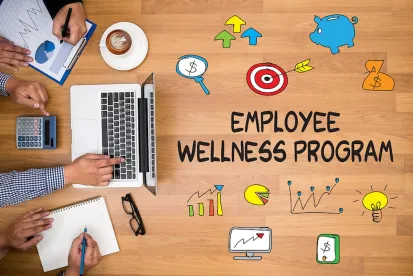On June 24, 2022, the United States Supreme Court issued its long-anticipated ruling in Dobbs v. Jackson Women’s Health Organization. In Dobbs, the Supreme Court upheld Mississippi’s abortion restrictions making most abortion procedures illegal after 15 weeks of pregnancy, and, in the process, overturned Roe v. Wade and Planned Parenthood v. Casey, which established a federal constitutional right to abortion.
By holding there is no constitutional right to an abortion in the United States Constitution, the Supreme Court has left to the states policy related to abortion. Although the Dobbs decision itself did not outlaw the procedure, several states have “trigger laws,” designed to go into effect upon Roe’s and Casey’s reversal, or pre-Roe laws that outlaw or limit abortions. Other states are expected to implement additional restrictions and bans in the coming months. This leaves employers to grapple with a patchwork of state laws addressing abortion and related issues. At the same time, several federal laws remain in place that impact employers addressing abortion-related issues in the workplace. Included in the issues that should be on employers’ minds are the following:
-
Anti-discrimination laws
-
Leave laws
-
Speech issues
-
Privacy
-
Employee benefits
-
Travel assistance / relocation policies
-
Criminal liability
-
Updating policies





 />i
/>i
